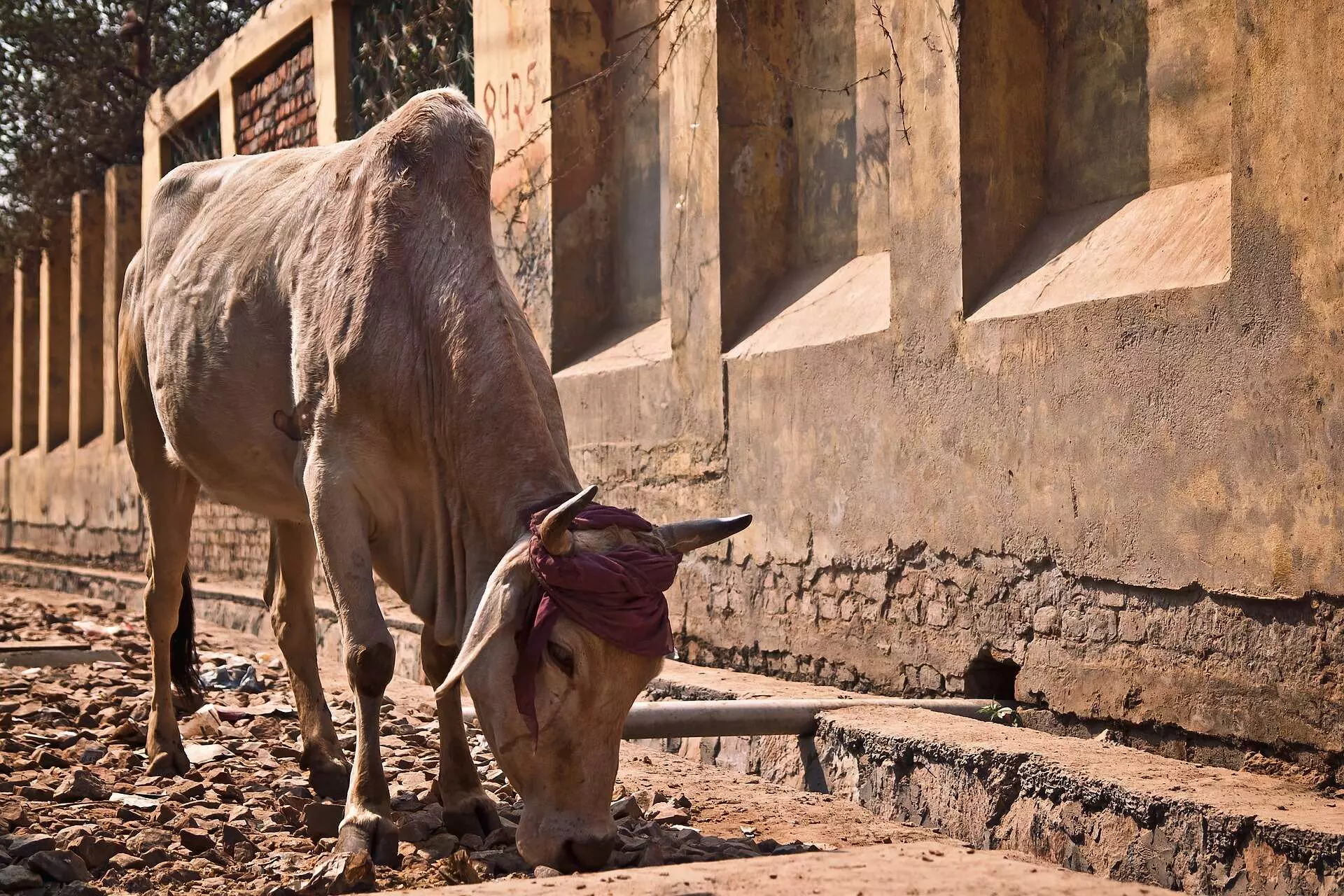Preventing pandemics
Through promising initiatives under One Health approach, India can strengthen animal health systems and make a global impact; write Abhijit Mitra & Aruna Sharma

One Health is not just a concept, it is a way of life. The ‘One Health’ approach summarises a century-old concept; that human, animal and plant health are interdependent and inextricably linked to the health of the ecosystems. The COVID-19 pandemic, a public health crisis potentially resulting from a virus of animal origin, underlined the criticality of One Health in confronting global health risks. Health risks are increasing. Drivers such as changes in climate and land use, unsustainable agricultural practices, globalisation, and the wildlife trade, provide multiple opportunities for pathogens to evolve into new forms, increasing incidences of spillover events from animals to humans. While most risk assessments focus on the transmission of pathogens from animals to humans, diseases can also pass from humans to animals, and impact the health of animals, whether domestic or wild.
India has the world's highest livestock ownership, with 535.78 million livestock and a large variety of breeds. Nearly 280 million people, mostly marginal and landless, and women, derive multiple benefits from livestock farming. Animal-sourced foods are essential for food security and reducing stunting and malnourishment, particularly among children. From an economic standpoint, the animal husbandry sector has realised a sustained growth of 7.93 per cent CAGR during 2014-15 to 2020-21. The Indian dairy sector is worth more than USD 160 billion, accounting for 20 per cent of the global dairy industry. India ranks 3rd in egg production and 8th in meat production in the world, and the meat market in India exceeds USD 50 billion.
India is among the highest-risk regions for animal disease outbreaks due to its high-density livestock population, extensive animal-human interface, and porous boundaries with neighbouring countries. Over the last year alone, India saw outbreaks of diseases such as African Swine Fever, Avian Influenza, and Lumpy Skin Disease, causing substantial economic losses, impacting exports, and causing distress to livestock farmers.
This risk will likely worsen in the coming years if immediate, sustained, and effective action for animal pandemic preparedness is not put in place.
Over the last year, the Department of Animal Husbandry and Dairying (DAHD) under the Ministry of Fisheries and Animal Husbandry has initiated and implemented some timely changes to improve the animal health systems and programmes in the country. Key instances include overhauling the entire regulatory approval process, launching and implementing programs like Livestock Health & Disease Control Programme and National Animal disease control Programme (NADCP), initiating the integrated disease surveillance programme, and delivering quality veterinary services to the doorstep of the farmers. The focus has been on animal tagging and vaccination against FMD and Brucellosis in cattle and buffaloes, PPR in small ruminants and CSF in pigs.
More recently, the DAHD has been engaging with the Office of Principal Scientific Advisor to meticulously design the upcoming National One Health Mission (NOHM). Under this broader umbrella of NOHM, DAHD has launched a holistic plan, the Animal Pandemic Preparedness Initiative (APPI).
APPI is envisaged to fill the identified gaps and address the issues comprehensively at the domestic level as well as to anchor the global coordination efforts in emerging pandemic diseases of animals. The APPI will lead to improved prediction, preparedness, prevention & control capabilities in India, and subsequently to eradication of the diseases, increased access to veterinary services, higher productivity from animals, boosting trade in livestock and poultry, which, in turn, will improve the socio-economic status of livestock and poultry farmers. This is one of the world’s first comprehensive Animal Pandemic Preparedness Initiatives, and will serve as an anchor for regional and global cooperation.
Last week, the DAHD also launched 'The Animal Health System Support for One Health (AHSSOH)', which is a World Bank-funded initiative. This project will be implemented in five states of India, namely Assam, Karnataka, Maharashtra, Madhya Pradesh, and Odisha. The main objective of this project is to strengthen the animal health system in these states and to improve the overall One Health programme. By doing so, the project aims to integrate disease surveillance for zoonotic diseases and create a truly integrated system, linking human and wildlife systems.
This will be achieved through strengthening disease monitoring and surveillance under a prevention approach, introducing Good Animal Husbandry Practices (GAHP), strengthening veterinary health and diagnostic infrastructure, and raising public awareness about good farm-level practices for control and containment of zoonotic and other animal health diseases. The project focuses on preventive measures such as improving the livestock management system, disease surveillance, and testing to operationalise more effective ‘One Health’ coordination.
To accomplish these objectives, the AHSSOH project will strengthen 75 district laboratories, upgrade 300 dispensaries and hospitals, facilitate MVUs in remote locations, support 9,000 para-veterinarians/diagnostic professionals and 5,500 veterinarians for efficient animal health, and increase awareness among the community (30 lakh households) about farm-level best practices in prevention and control of disease outbreaks.
The initiatives under APPI and AHSSOH are significant steps forward for India's animal health sector and will not only benefit the country but also have a global impact. The vision for the coming years for India in animal health is to attain global leadership through these initiatives and contribute to the global animal vaccine, R&D, and a robust science-driven programme for animal pandemic preparedness. India has the potential to drive the global narrative around animal health and be a role model for other countries in the world catapulting the maxim “Sarvajan Swasthya Sarvajana Hitaya”- Health for All is Beneficial for All.
Abhijit Mitra is Animal Husbandry Commissioner, Department of Animal Husbandry & Dairying, Government of India. Aruna Sharma is Deputy Commissioner (AH), Department of Animal Husbandry & Dairying, Government of India. Views expressed are personal



